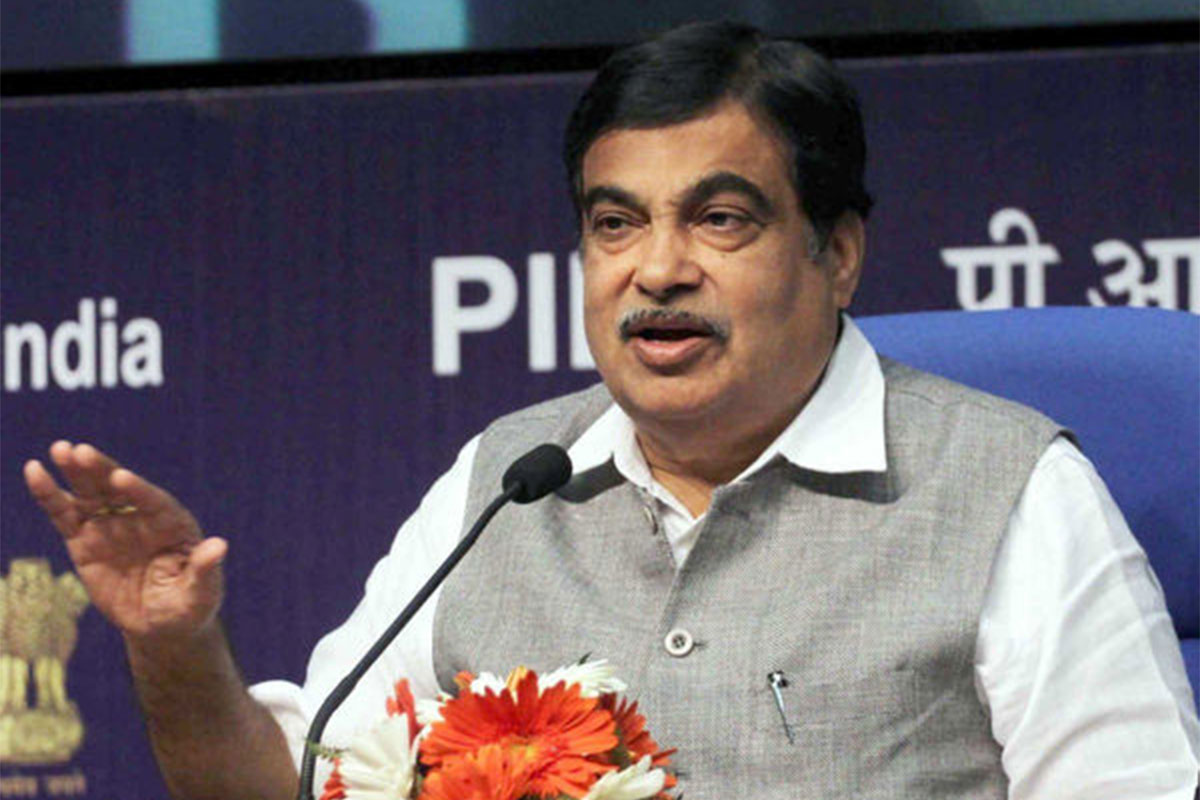In a bold statement that has sparked political debate, Union Minister Nitin Gadkari has criticized the growing influence of caste-based politics in India. Speaking at a public event, Gadkari emphasized that while ordinary citizens do not harbor casteist mindsets, political leaders often exploit caste divisions for electoral gains. His remarks have led to discussions about social inequality, political opportunism, and the future of caste-based reservations in India.
Gadkari’s statement comes at a time when caste politics remains a dominant factor in state and national elections, influencing policies, voter behavior, and party strategies. His comments have drawn mixed reactions from political analysts, opposition parties, and social activists, with some supporting his views while others accusing the BJP of double standards.
Gadkari’s Statement on Caste-Based Politics
During a recent address at an event in Nagpur, Maharashtra, Gadkari expressed concern over the way politicians use caste identity as a tool to mobilize votes. He stated:
“People in India are not casteist by nature, but political leaders have made them casteist for their own benefit.”
He further argued that rather than focusing on caste-based vote banks, leaders should work towards economic and social equality by ensuring opportunities for all sections of society.
Gadkari also highlighted that political leaders are increasingly competing to portray their caste or community as “more backward” to gain additional reservations and government benefits. This, he warned, could lead to a cycle where communities prioritize caste-based claims over merit and economic upliftment.
The Role of Caste in Indian Politics
Caste has been an integral part of Indian politics, particularly since Mandal Commission recommendations (1990) introduced reservations for Other Backward Classes (OBCs) in government jobs and education. Today, caste identity plays a crucial role in political strategies, especially in states like:
- Uttar Pradesh (where Yadav, Dalit, and Brahmin communities have strong political affiliations)
- Bihar (where caste-based alliances decide election outcomes)
- Maharashtra, Tamil Nadu, and Karnataka (where caste-based movements influence policies)
Several political parties, including the Bharatiya Janata Party (BJP), Congress, Samajwadi Party (SP), Rashtriya Janata Dal (RJD), and Bahujan Samaj Party (BSP), rely on caste calculations to consolidate voter bases.
While reservations were initially introduced to uplift historically oppressed communities, critics argue that caste-based politics has now turned into an electoral tool that sometimes overrides development agendas.
Political Reactions to Gadkari’s Statement
Gadkari’s remarks have triggered a range of responses across the political spectrum.
BJP’s Stand
Within the BJP, Gadkari’s statement aligns with Prime Minister Narendra Modi’s vision of “Sabka Saath, Sabka Vikas,” which promotes development for all without caste-based discrimination. However, political experts suggest that caste is deeply entrenched in BJP’s own electoral strategy, making it difficult for the party to entirely separate itself from caste politics.
Opposition Criticism
- Congress leaders accused Gadkari of hypocrisy, pointing out that BJP itself engages in caste-based politics by mobilizing upper castes, OBCs, and Dalits separately.
- Akhilesh Yadav (SP Chief) criticized Gadkari, stating, “If BJP is truly against caste-based politics, why do they make caste calculations while giving tickets in elections?”
- Tejashwi Yadav (RJD leader) also reacted, saying, “The backward classes in India still face discrimination. Talking against caste-based politics without addressing social injustice is meaningless.”
Support from Social Activists
Some social activists welcomed Gadkari’s statement, highlighting that caste politics has overshadowed merit-based policies and economic reforms. Activist Swaraj Bhaskar commented:
“If politicians stop exploiting caste for votes and focus on education, employment, and healthcare, India will progress faster.”
The Future of Caste-Based Politics in India
Despite criticism, caste remains a major factor in Indian elections. However, there is a growing trend of:
✔ Youth prioritizing economic opportunities over caste identity.
✔ Urban voters showing reduced caste-based preferences compared to rural areas.
✔ Political parties experimenting with “social engineering”—combining different caste groups instead of relying on a single dominant caste.
Gadkari’s remarks indicate that a section of Indian politics is moving towards issue-based governance rather than caste-based mobilization. However, it remains to be seen whether these statements translate into actual policy changes or remain as political rhetoric.



